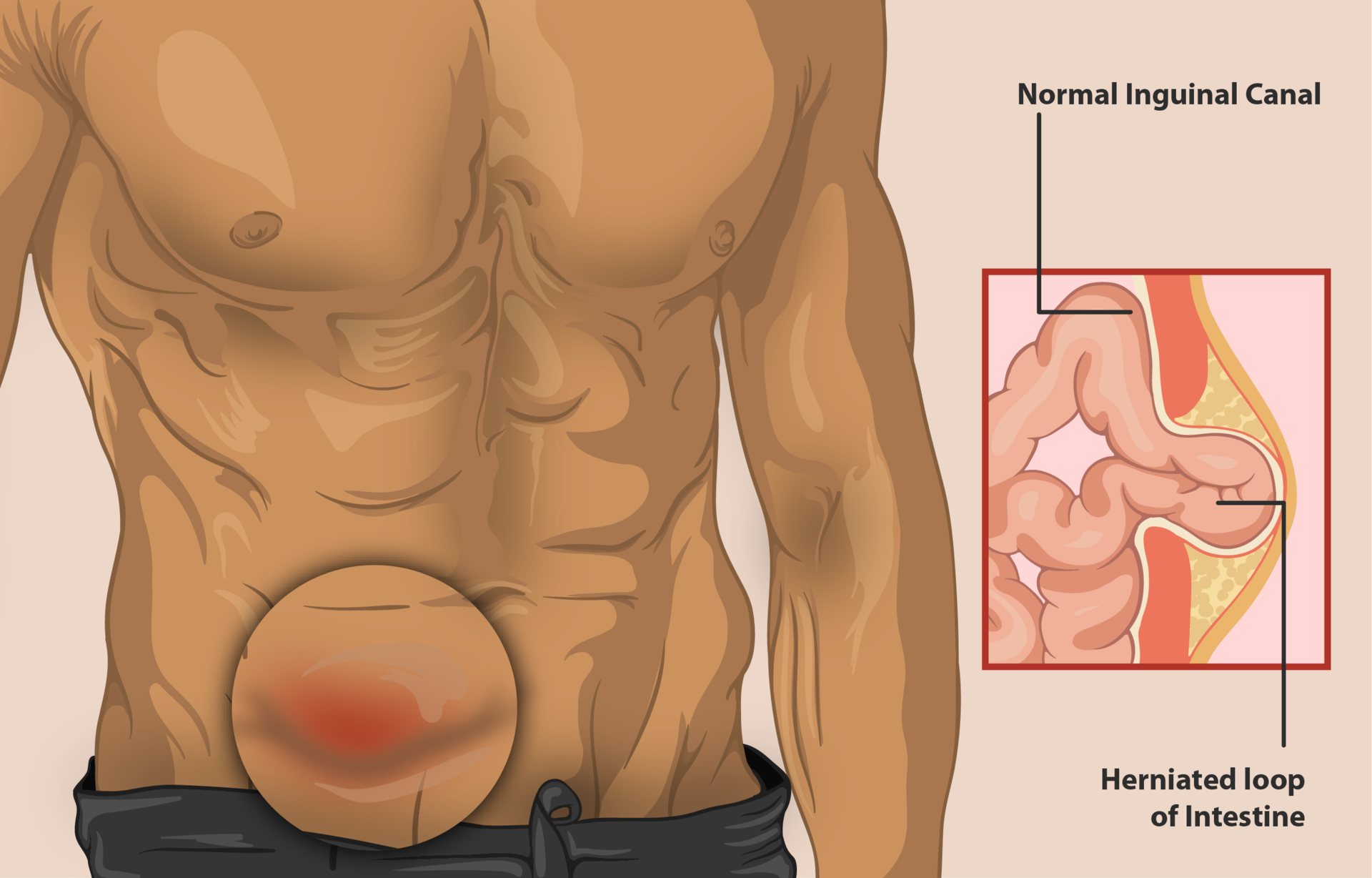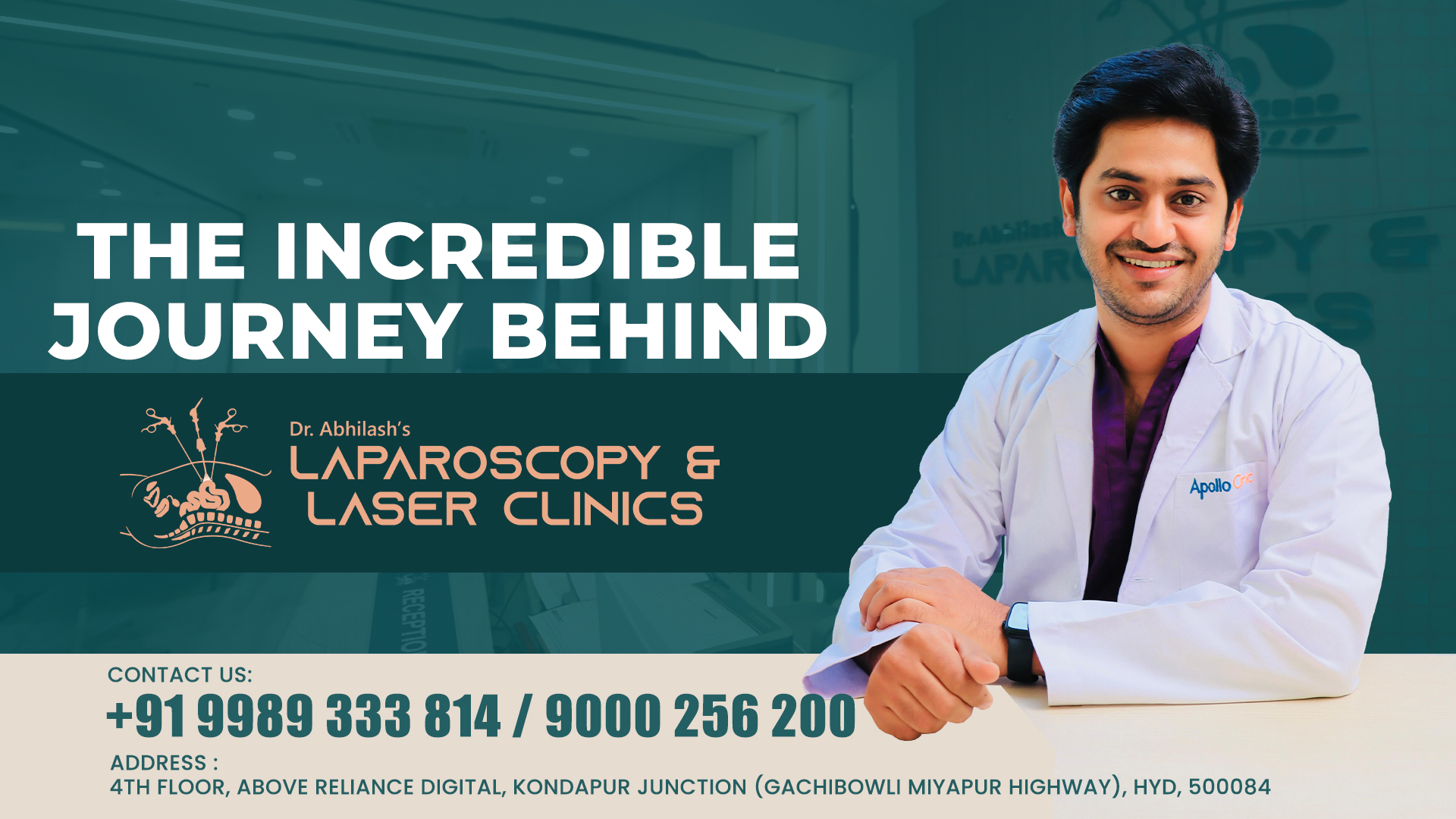
What is Inguinal Hernia
An inguinal hernia occurs when a part of the intestine or fatty tissue pushes through a weak spot in the lower abdominal wall, near the groin. It appears as a bulge that may cause discomfort, especially while coughing, lifting, or standing for long periods.





